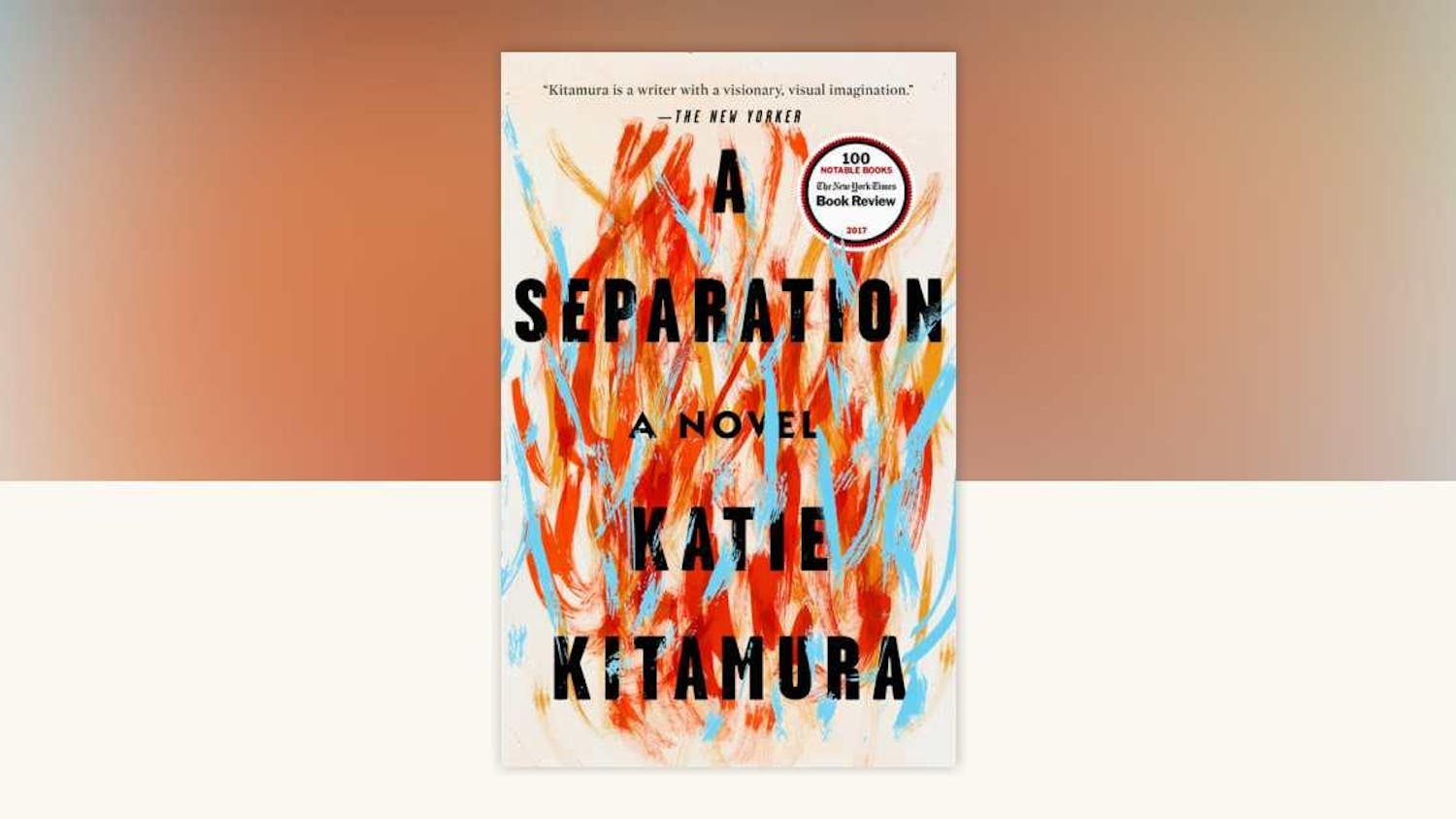When anticipating the release of her album Perverts, musician Ethel Cain took to Tumblr to lament about how fans interact with her art: “I feel like no matter what I make or what I do, it will always get turned into a joke. It’s genuinely so embarrassing.” Cain labels this phenomenon an “irony epidemic,” and claims that we’ve entered an age where no one responds to work with a serious gaze. This drought of sincerity has seemingly crept its way into every facet of modern art, a cultural response indicating that the consumer has no interest in taking work seriously. In Hollywood, franchises approach their fantastical universes with tongue in cheek, constantly instructing the audience to remind themselves that the clichés they see are fictional and have been done before. A recent Marvel or Star Wars film may cut off a dramatic monologue with a comedic interruption, or subvert classic film clichés with a quick cutaway or a joke presenting their self-awareness. Films such as the Deadpool saga have built their success on this postmodern storytelling, strongly deviating from past franchises such as The Lord of the Rings, which approaches their fantasy with the utmost seriousness. Some films are iconic in their ability to utilize postmodernism with meaning and elegance, such as the subversive narration in David Fincher’s Fight Club. However, the postmodern genre has found itself in every facet of Hollywood, and with that, it’s been diluted.
What does this tonal shift in art seem to represent? As our collective culture continues to move online, how we consume artwork has increasingly become a privatised and algorithmic action. We are fed the artwork we enjoy by distributors motivated by profit rather than a push for inspiration, and we are presented with that work through an automated system that rewards blunt messaging and compacting information in the smallest container possible. Now, everything we see is designed to be short and attention-grabbing, the framework of the meme being applied to every single aspect of media. If we consume a multitude of the shortest summaries of art, we end up having seen and heard everything before. Take Spider-Man: No Way Home, for example. While fans enjoyed the merging of Spider-Man adaptations of past and present, the story structure fed into the hands of this algorithmically motivated form of consumerism; it solely worked with content that viewers had seen many times before and led with a joke structure that laughed at its own cliché.
This trend introduces consumers to the idea that it’s not cool to care about your art anymore, accelerating into a complete collective disdain for artistic sincerity in general. In addition, the information we intake from social media is not solely for the sake of consuming art; we increasingly receive our news and education from the online sphere as well. As the drought of sincerity keeps its home on the internet, it also creeps into every aspect of information exchange. For example, take how information was memeified during the 2020 Black Lives Matter protests, as true calls to action and activists’ slogans were shortened into easy to consume soundbites, Hello Kitty photos with “ACAB” written over them. To quote David Foster Wallace, “All we seem to want to do is keep ridiculing the stuff. Postmodern irony and cynicism’s become an end in itself, a measure of hip sophistication and literary savvy. Few artists dare to try to talk about ways of working toward redeeming what’s wrong, because they’ll look sentimental and naive to all the weary ironists. Irony’s gone from liberating to enslaving. There’s some great essay somewhere that has a line about irony being the song of the prisoner who’s come to love his cage.” As art and information continue to develop, the conversation surrounding our media will persist with the same complaint: Everything feels the same. The next time you go to the movie theater and leave with a feeling of anticlimacticism, of repetitiveness, but can’t quite place where it comes from, consider if the story embraced the cliché they inhabited, or if they veered away from it. Right here, right now, the solution to artistic monotony is the same as the solution to almost everything: we just have to care about it.
Caroline Murphy is a freshman in the College of Arts and Sciences. She can be reached at cqm8@cornell.edu.











